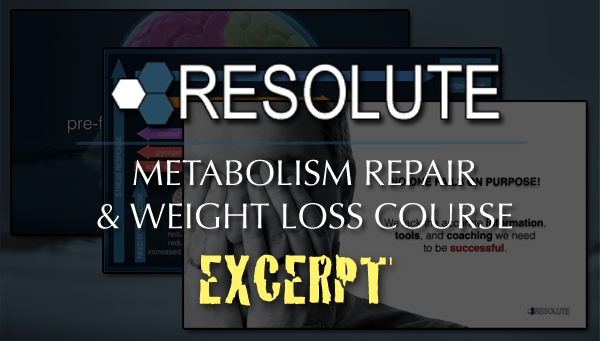A critical skill to develop during the contemplation phase is to understand cue, behavior, and reward.
Normally, we focus on a behavior that we want to change. Maybe its smoking, or drinking, or binge eating.
But what we usually do not take time to consider is the cue that triggered that behavior. For example, earlier Butch said that during the paleo years any time he was offered a soft-drink at a friends house he would accept.
Eating and drinking do not happen magically. They require conscious thought to control the movements, and it took a decision to initiate those movements. For Butch to drink those soft-drinks he made a conscious decision to do so.
But he did not just walk around drinking those drinks all the time, so what cued his behavior? All our conscious behaviors are cued. Sometimes by routine, social interaction, stress, or the day of the week. But there is something that triggers the behavior.
Once we have determined the behavior we want to change we need to identify what cue is triggering the behavior to begin with?
So what triggered Butch’s soft-drink behavior? Well, to really answer that question lets go back a few years. In 1997, Butch moved to California. He had been a recreational gambler for a few years always winning or losing a hundred dollars or less.
But on the way to California, he stopped to gamble on the river boats in Louisiana. And came out ahead by a couple hundred dollars. Then when driving through Arizona he stopped by a casino and turned that money into a six hundred dollar gain.
Then as he describes it “when the interstate split and one lane went to San Diego, his car just magically followed the other lane to Las Vegas.” He lost $10,000 in about twenty minutes.
As you can imagine he did not want to repeat that adventure any time soon.
He didn’t say he gave up gambling. But he was afraid of losing more money so he gave himself a barrier to never gamble locally. So, he still had the option to play, but he would have to travel to if he wanted to do so. To never gamble again was unrealistic, but giving himself this restriction reduced the chance that he would gamble casually.
Being well practiced at this type of barrier, he did the same thing for soft-drinks. Instead of a life-long and potentially overwhelming restriction like “never drink soft-drinks again.” He had managed his soft-drink consumption by saying, he would not buy any soft-drinks.
Recalling the polar bear effect, as soon as we make something off-limits we create an obsession around it. The cue came when someone else offered him a free soft drink. The behavior was to accept the drink. And the reward was carbohydrates without having to break his rule of buying a soft-drink.
Which brings us to the next factor. Reward. The cue triggers the behavior, but the reason we react with that particular behavior is because it provides some sort of reward.
Let me use another example. In his research, Charles Duhigg shares the story of a man who ate cookies everyday at work. Each afternoon sitting at his desk the man would get a craving for a cookie. He would then head down stairs to the company cafeteria and buy his cookie then go to a friends office and hang out while he ate it.
When considering this behavior they eventually determined that the man didn’t really want a cookie. His behavior was being cued by the amount of time he sat at his desk working alone.
The cookie had been a bridge to get him to the reward of social interaction. Once the riddle was solved the man was able to look at the clock and set a time for his break during which we simply walked to a friends office and chatted a bit before returning to work.
So, as you can see arriving at the cue and the reward takes some effort and consideration. And the answers may not be immediately clear. But this is a skill worth having.
This is an excerpt of the RESOLUTE online weight loss and metabolic repair course inspired by the work of Dr. Ray Peat, Dr. Broda Barnes, Dr. Brene Brown, Dr. James Prochaska, Dr. Martha Beck, Dr. Judith Beck, and Dr. Hans Selye.
Taiso Fitness and Nutrition
If you are looking for a shared personal training experience try Taiso Fitness and Nutrition. We are Tacoma’s fitness and nutrition gym for people who want to get out of pain or improve performance, who need immediate, measurable results, and want to make educated decisions to take control of their health.
Shared personal training provides the coaching of a personal trainer with the social support of a bootcamp style class.
Set up a complimentary consultation, or start a 21 Day Risk Free Trial. Stay up to date on the latest information through our website at www.taisofitness.com
Looking for an online course to help lose weight by repairing your metabolism and lowering your stress? Try RESOLUTE The Step-By-Step Program for People Who Want To Repair Their Metabolism.

